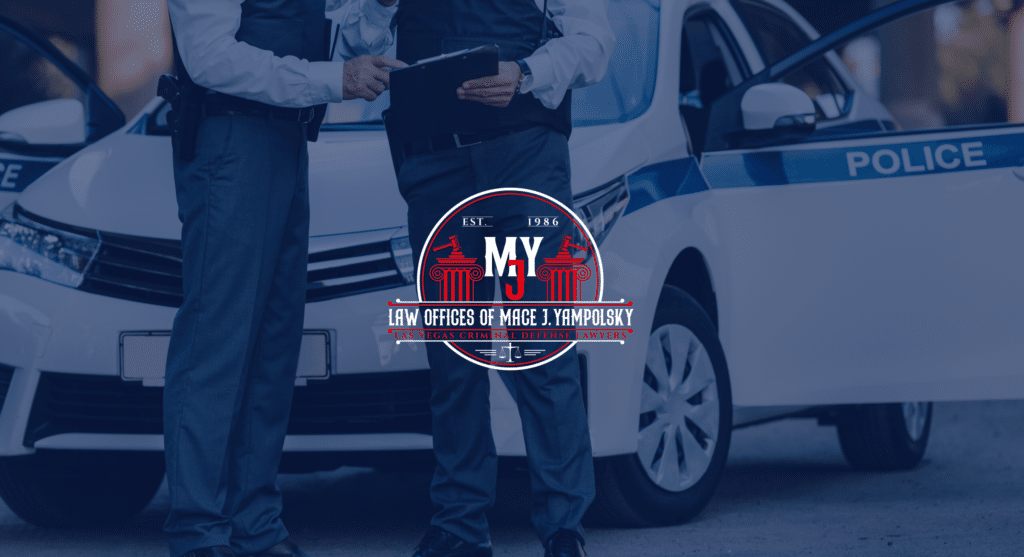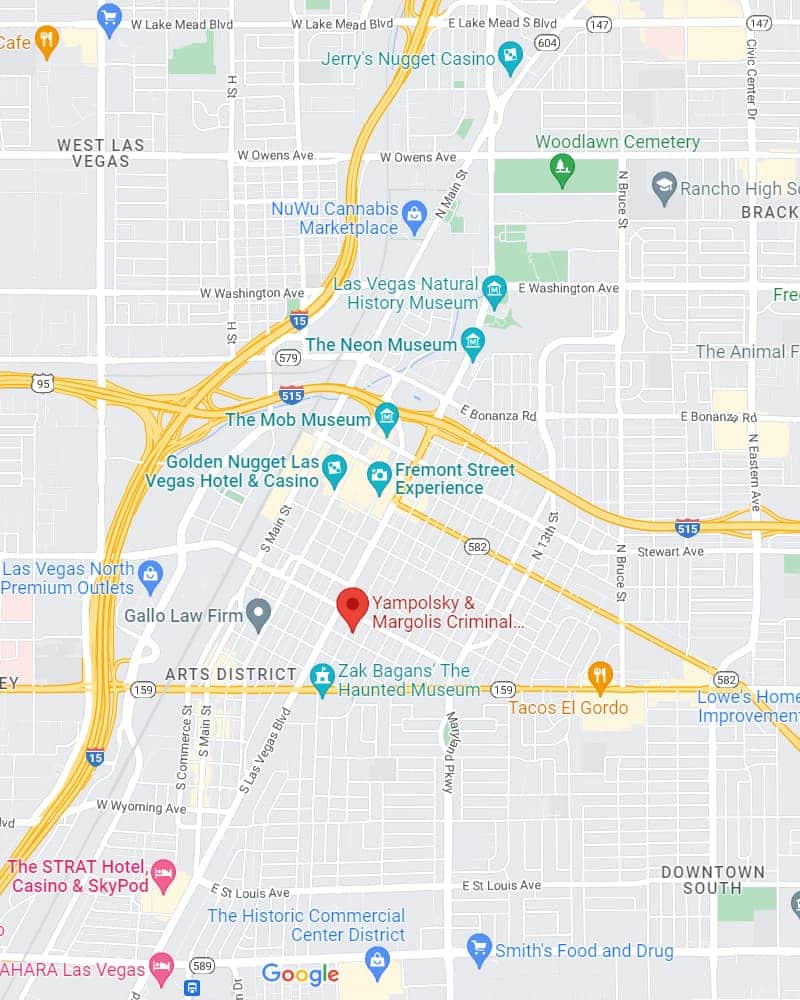Domestic violence occurs when individuals intentionally commit physical battery against their families, spouses, partners, household members, cohabitants, or someone with whom they have had a child with. Examples of battered domestic violence include hitting, pushing, strangling, burning, poisoning, or any other type of physical force exerted upon another person.
The Severity Of Domestic Violence Allegations In Nevada
Each domestic violence case is different. If there is a situation where someone is accidentally injured due to aggressive behavior unrelated to a direct battery, it will often be treated as a low-level domestic violence case. Contrarily, if for example, an individual hits their spouse with an open fist and causes a serious injury, this is considered a much more consequential situation. This would be a misdemeanor in the state of Nevada, which carries a maximum sentence of two days to six months in jail, $200 – $1,000 in fines, and up to 180 hours of community service. If somebody is convicted of a misdemeanor domestic violence charge, they must also attend weekly domestic violence counseling sessions for a period of six months.
A second offense domestic violence charge is also a misdemeanor. However, it is also a progressive crime, which means if it happens again within seven years, the penalties become more severe. The consequences of a second offense domestic violence charge include twenty days to six months in jail, 100-200 hours of community service, $500-$1,000 in fines, and one year of weekly domestic violence counseling sessions. Moreover, if you spend 12 hours in jail following your arrest, are let out, and then convicted of the charge, you will have to return to jail to serve an additional 36 hours in custody. In some cases, the judge will allow you to serve this time under house arrest, but that is a rare occurrence.
A third-time domestic violence charge within seven years is a felony in the state of Nevada. This includes one to six years in Nevada State prison, a $2,000 – $5,000 fine, and a felony charge on the defendant’s record. It is worth noting that in addition to third-time domestic violence offenses, domestic violence by strangulation is also a felony, no matter the number of times it has occurred in the past. The charges for battery domestic violence by strangulation is one to five years in Nevada State prison and up to a $10,000 fine.
In some cases where the domestic violence offense is not serious, this is called state adjudication. This means that the client will plead to something, such as domestic battery or disorderly conduct, and will be required to participate in a lesser level of counseling sessions and perhaps pay a fine. After this, the case will be dismissed, and your attorney will request to seal the record with the court so that it does not show up on a background check. For most misdemeanors, an attorney can seal the record after the case has been completed for two years. However, for domestic violence cases that are charged, the record cannot be sealed for seven years, which is why it is considered such a serious offense.
Domestic Violence Scenarios Related To Situations Involving Divorce
Domestic violence that occurs when a spousal party is going through a divorce is common, especially if there is a child custody battle involved. These reports can be truthful or unfounded, as there is often a conflict of interest for child custody rights. In many cases, there may be allegations of domestic violence that are made by one parent in order to provide the court with evidence that the other parent is unfit to take care of their child. This would affect their ability to obtain custody or other parenting privileges following the divorce. Additionally, in situations involving divorce, there can be allegations of sexual assault on a minor, which undoubtedly strip any parent of custodial rights of their child.
For more information on Domestic Violence Charges In Nevada, a free initial consultation is your next best step. Get the information and legal answers you are seeking by calling (702) 385-9777 today.







